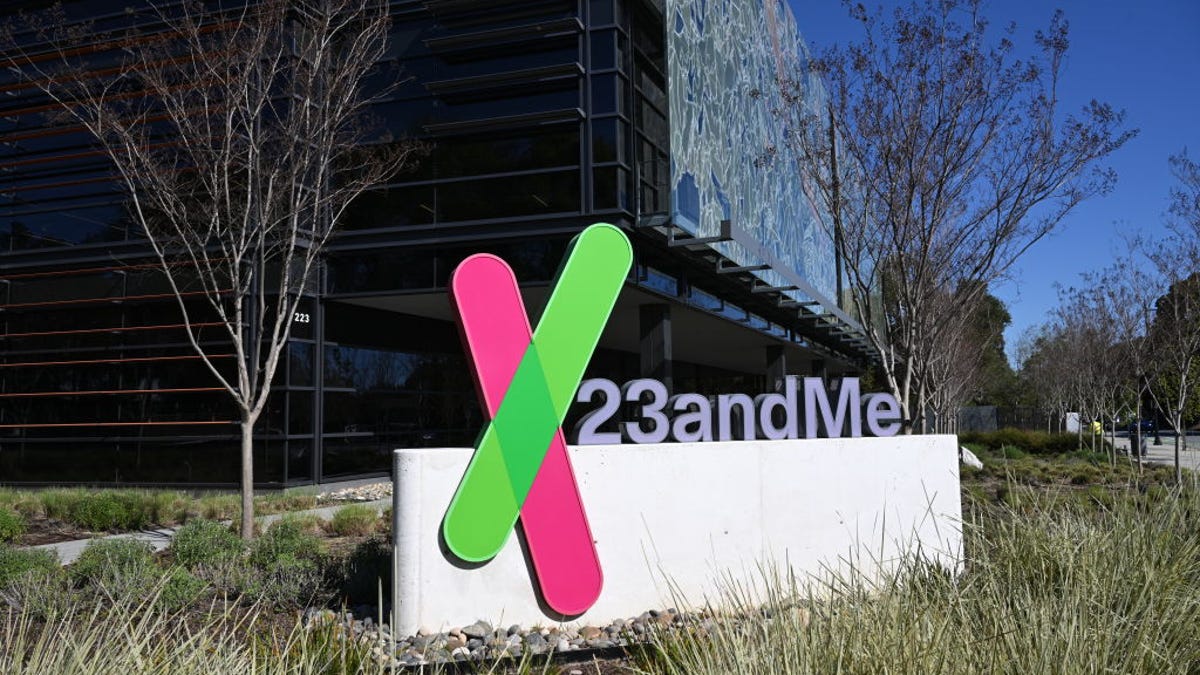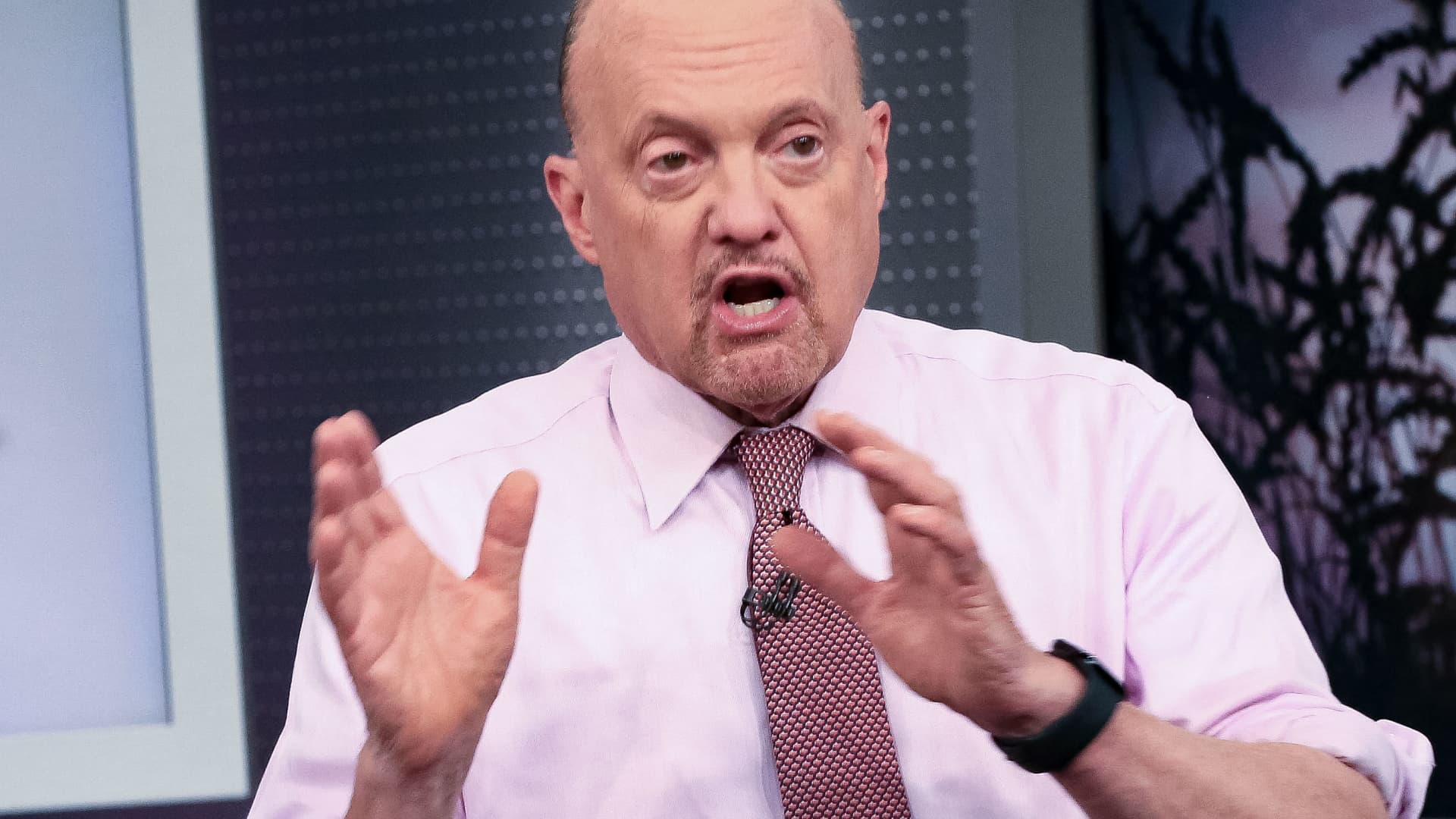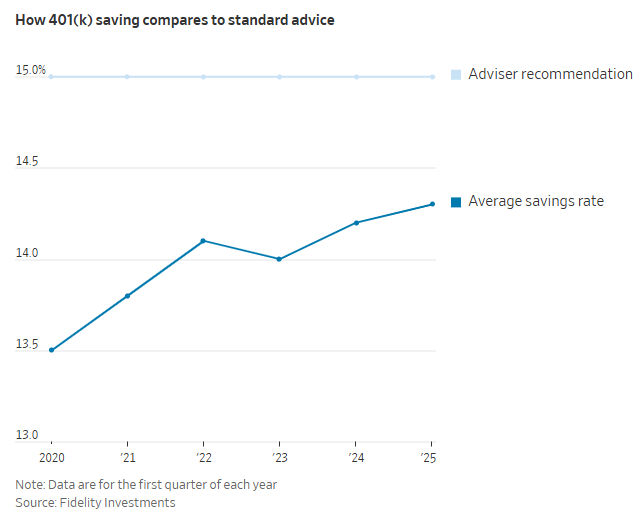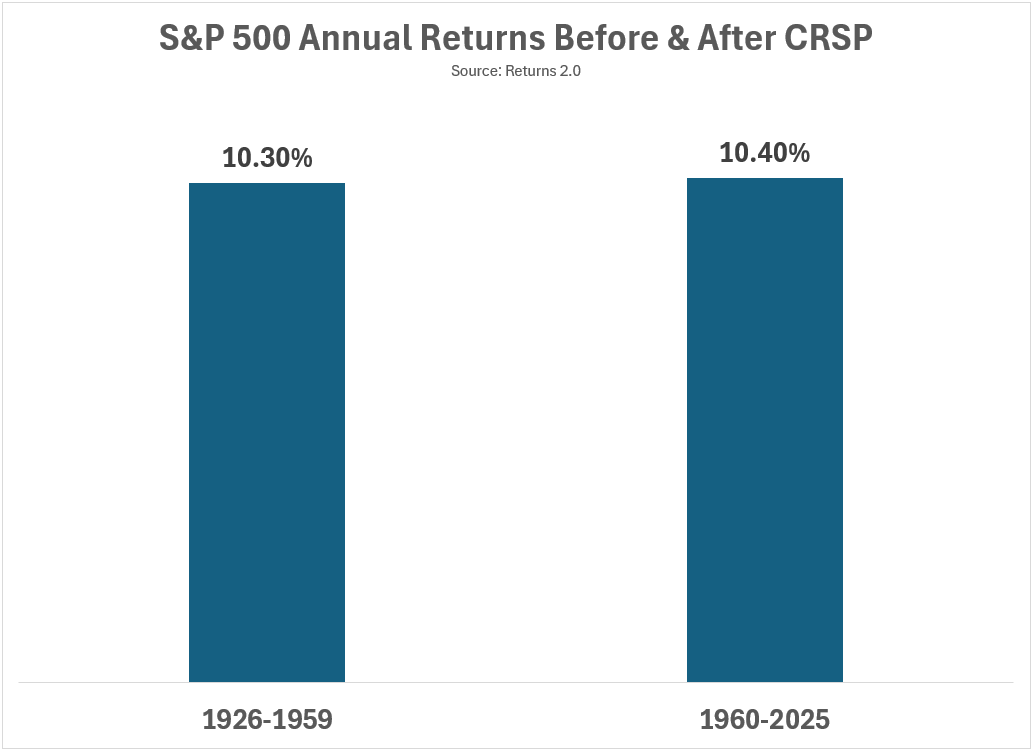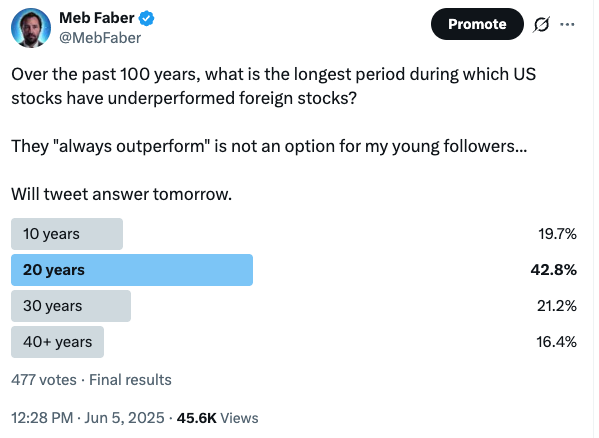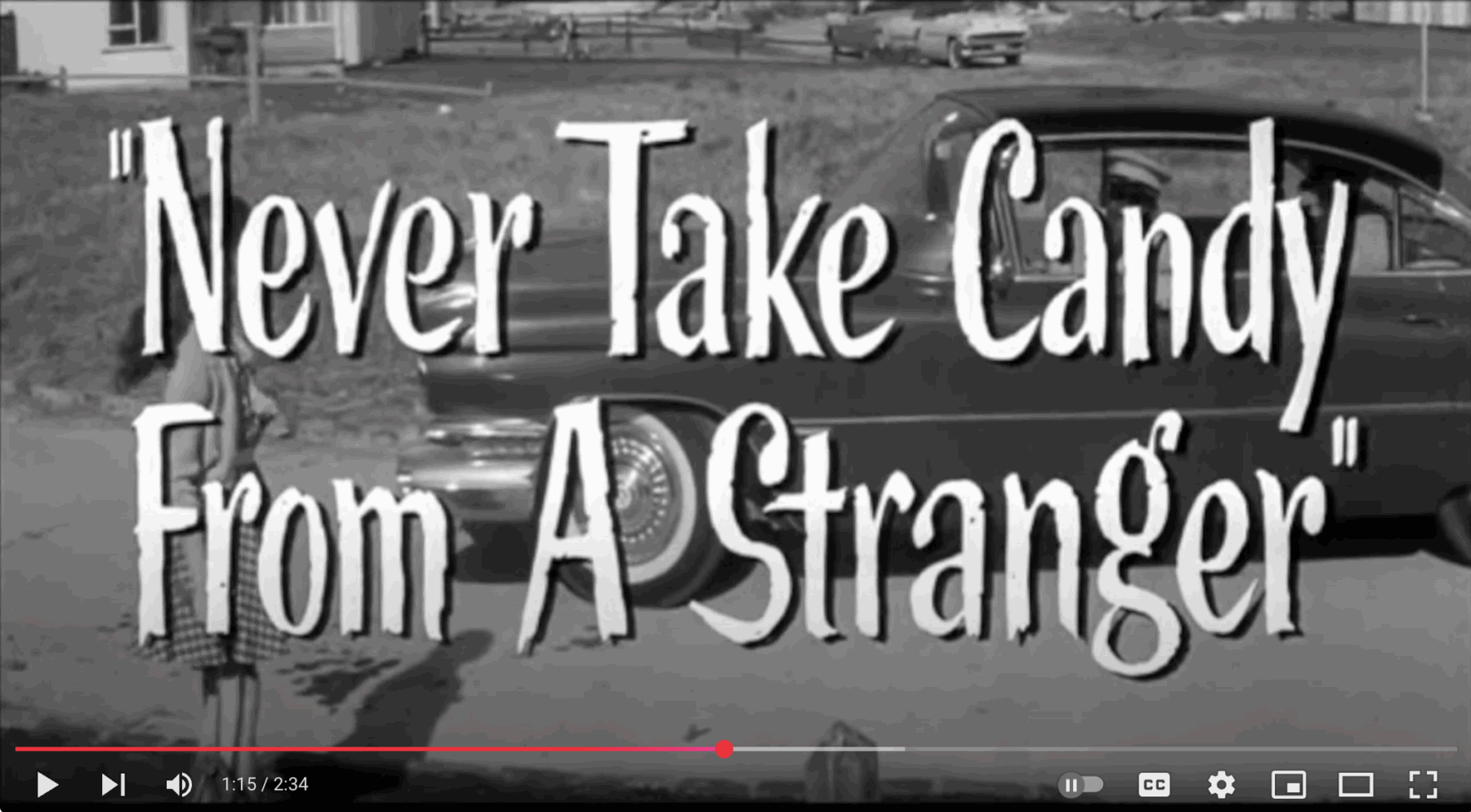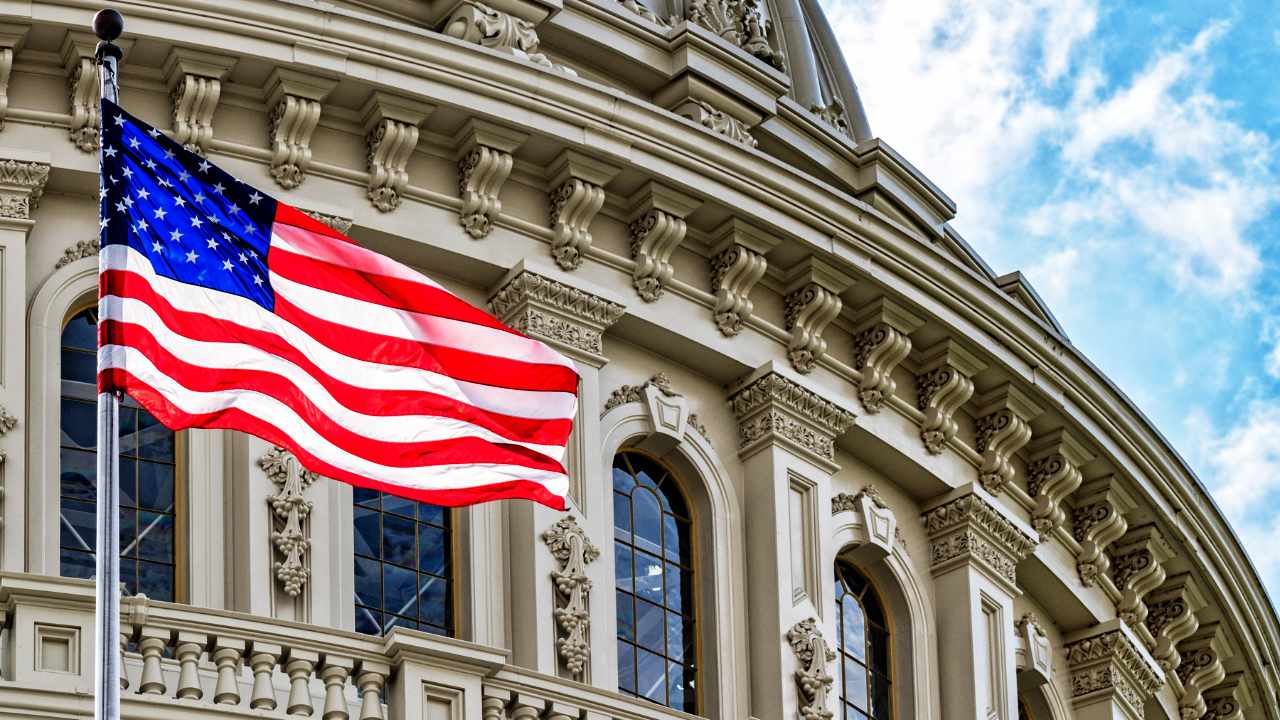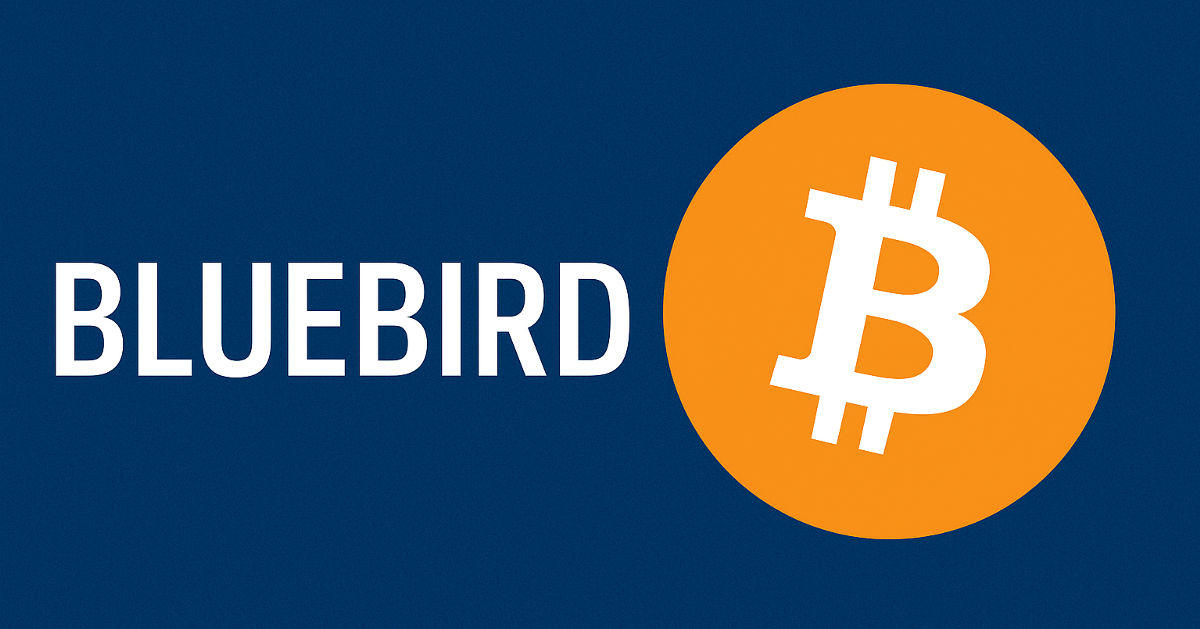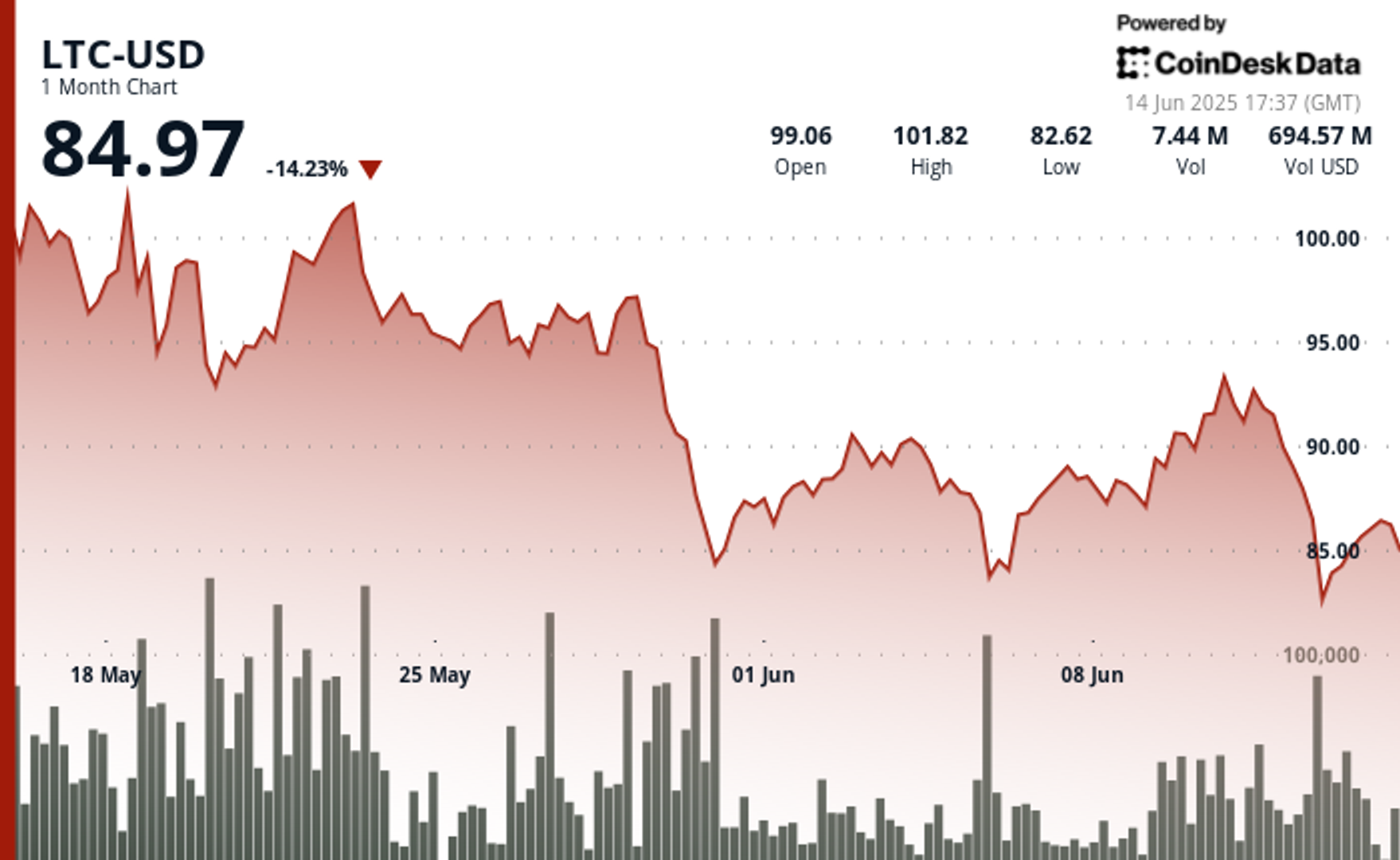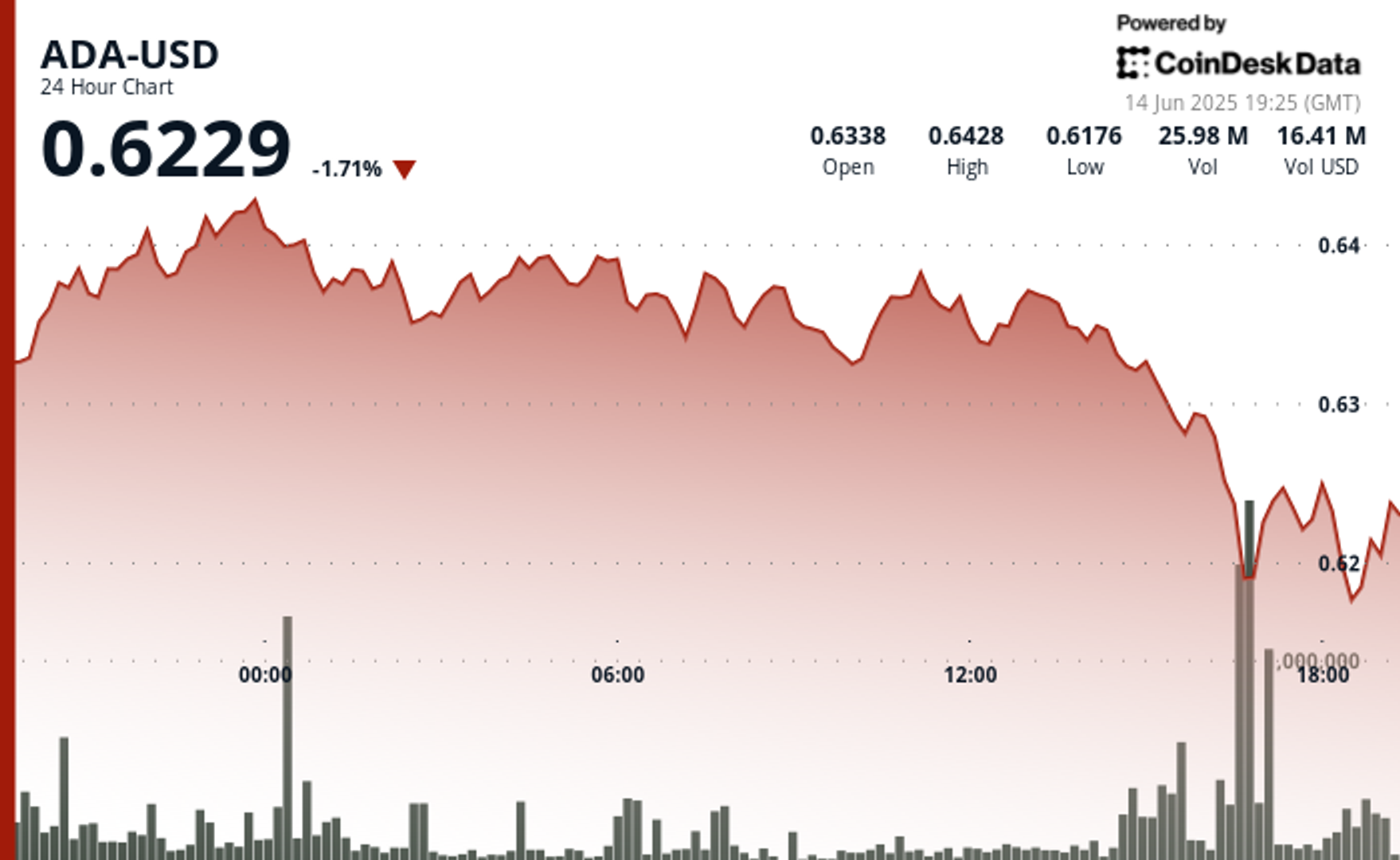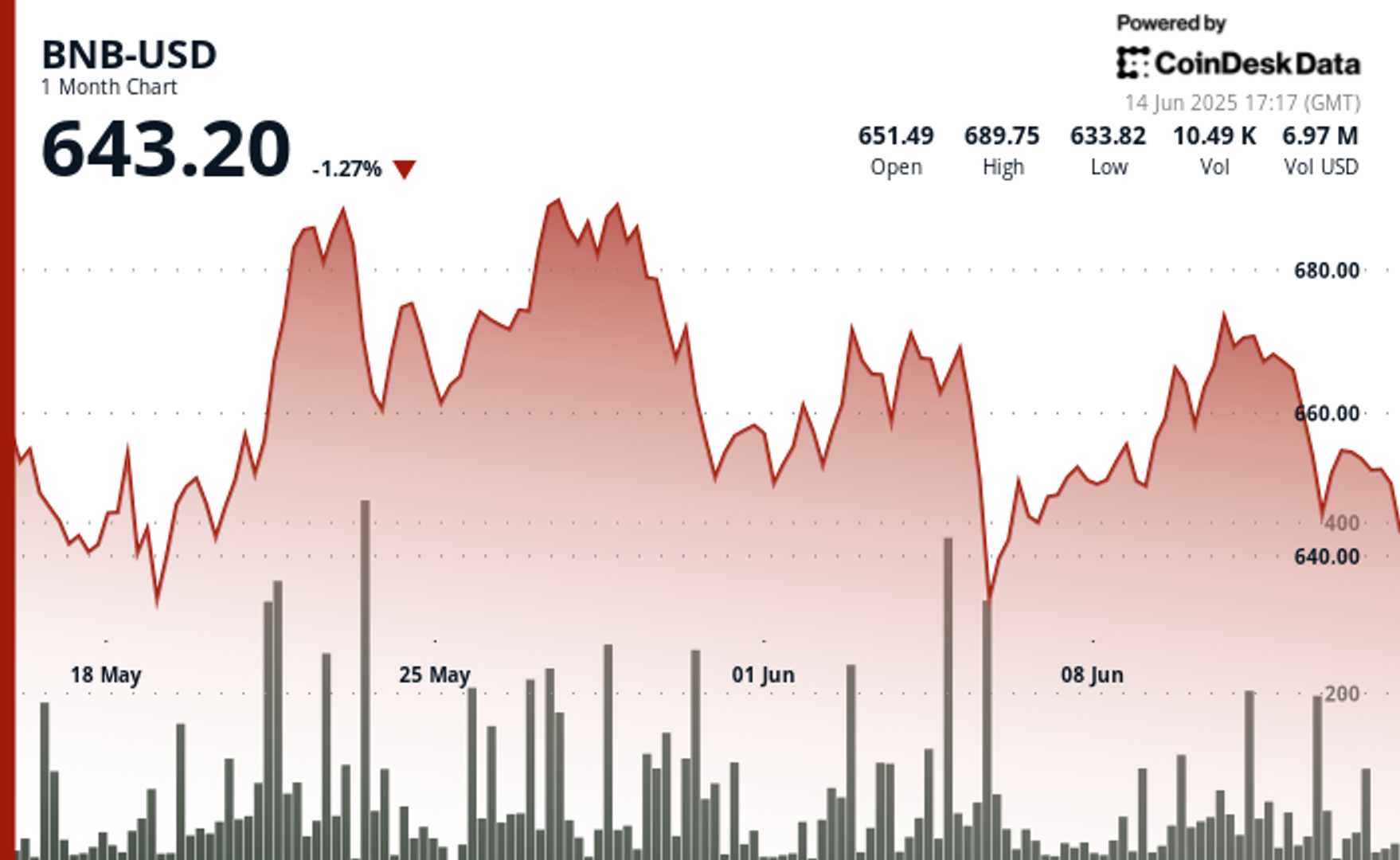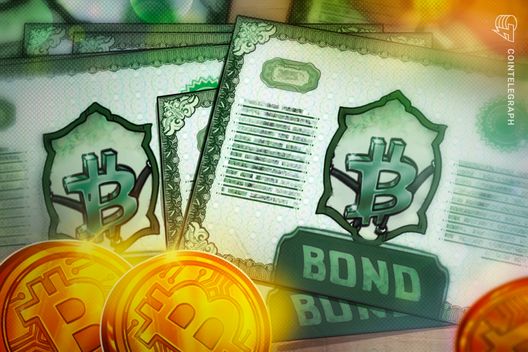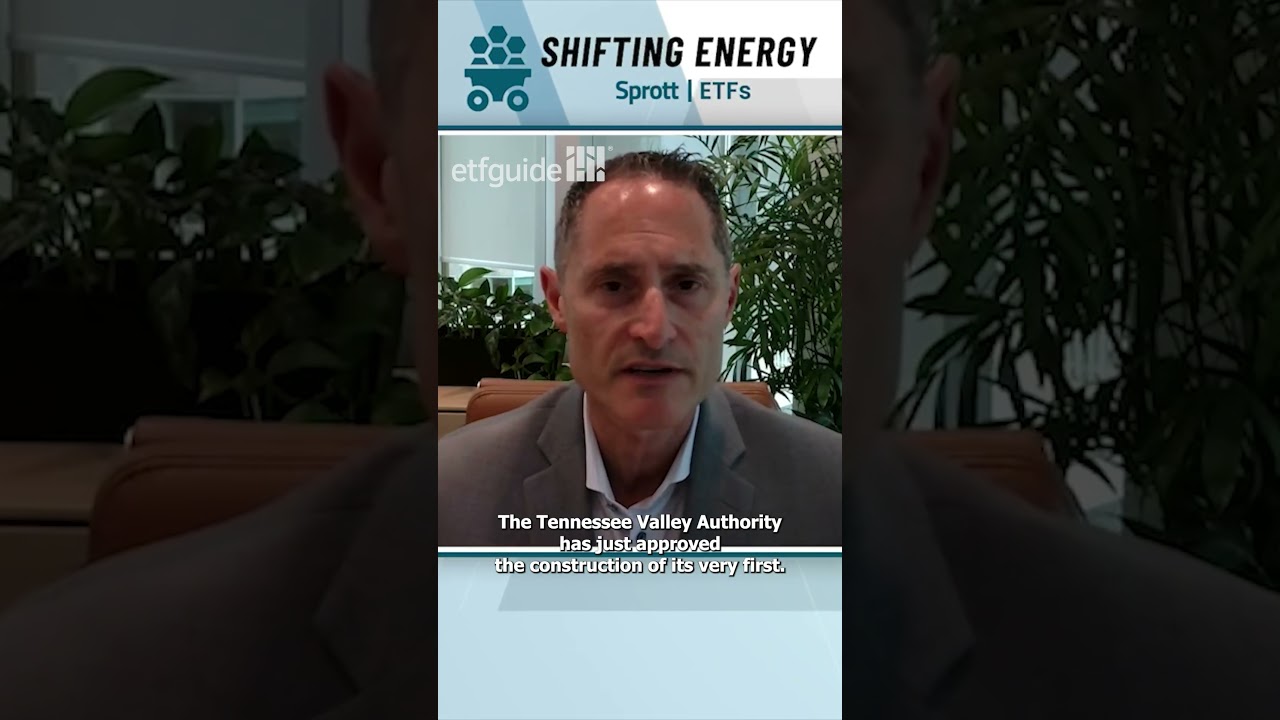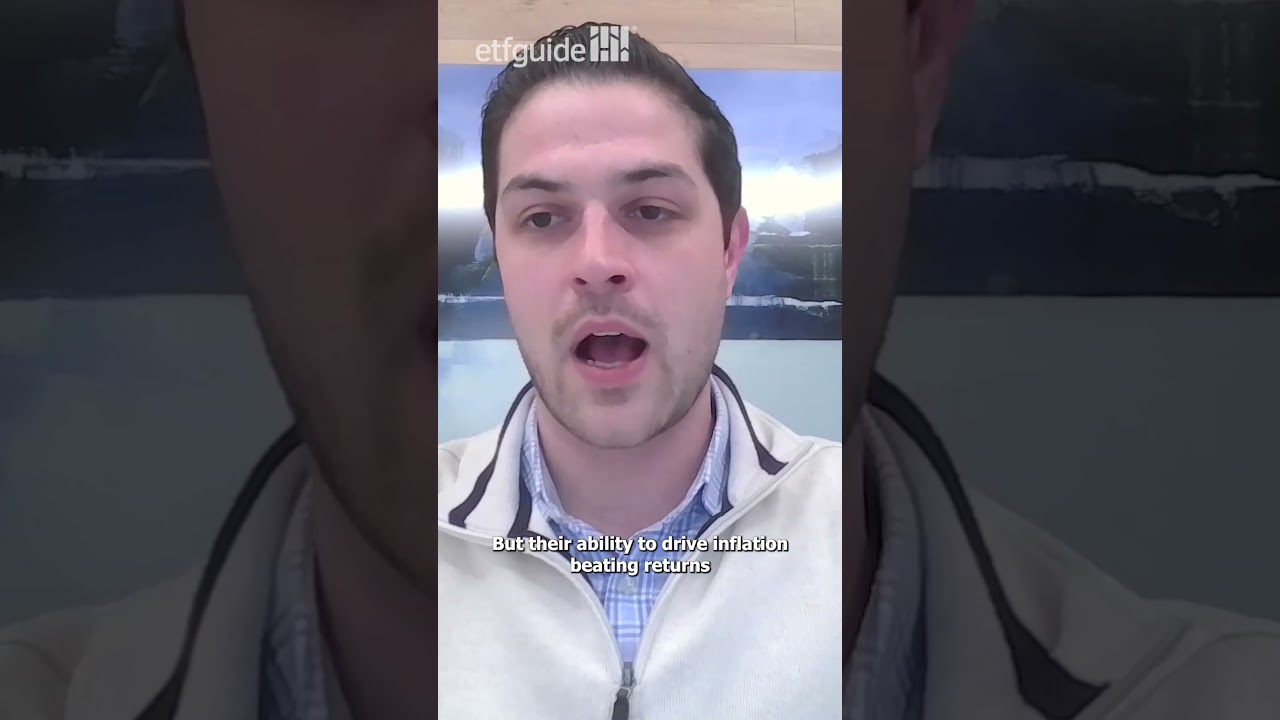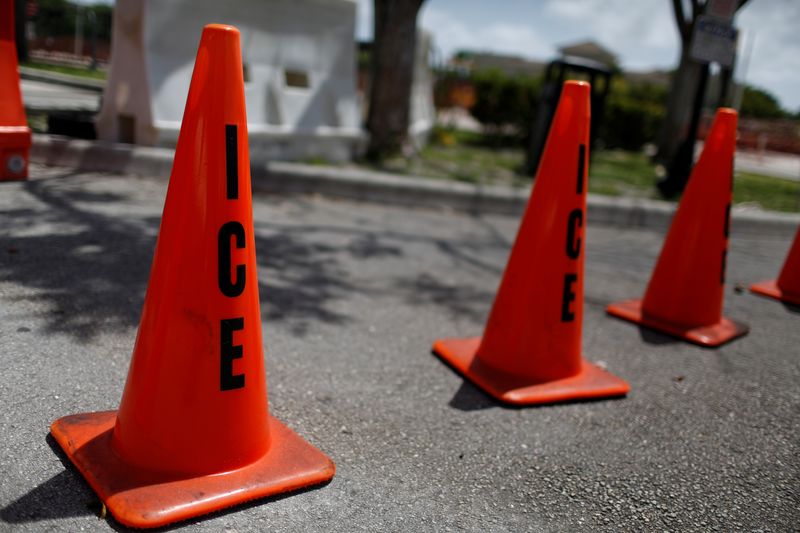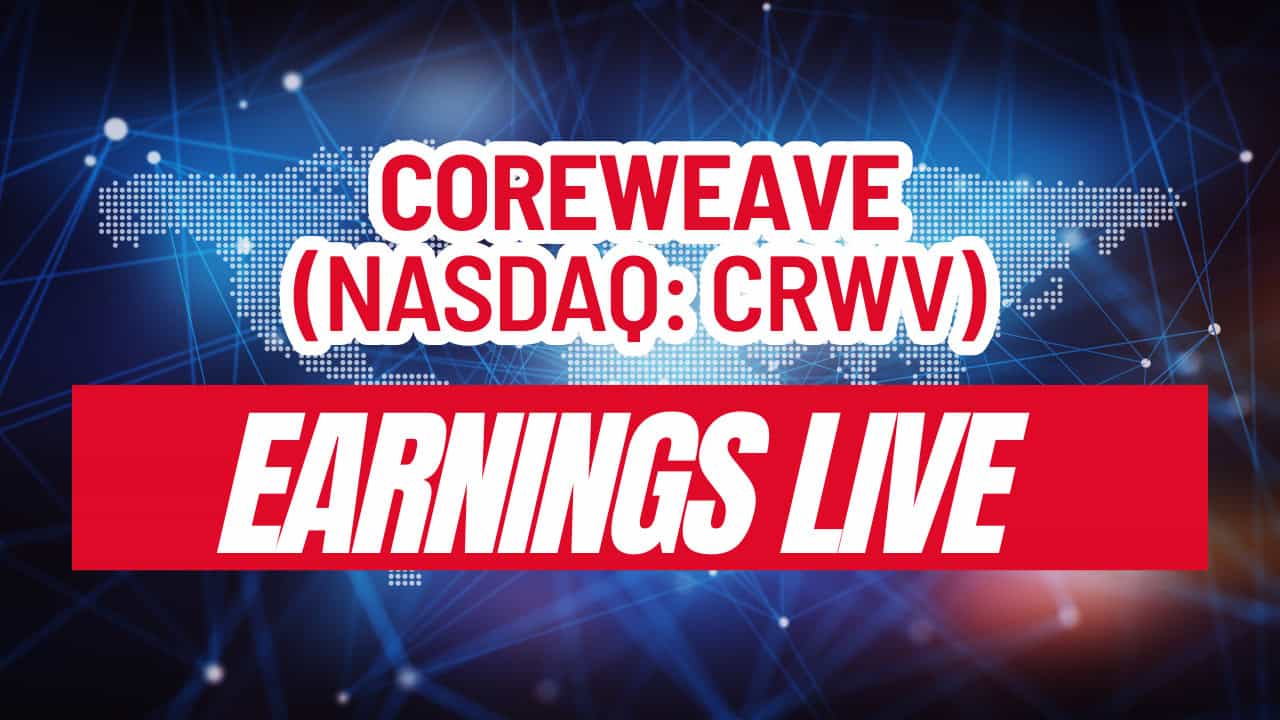Cashing Out My 401k After Layoff – How Much Should I Set Aside for Taxes and Penalties?
A Reddit user is in a difficult situation. The poster has lost his job, his wife is disabled and has substantial medical bills, and he’s worried that he’s not going to be able to find another position in the current job market. He’s trying to figure out what to do and is considering cashing out […] The post Cashing Out My 401k After Layoff – How Much Should I Set Aside for Taxes and Penalties? appeared first on 24/7 Wall St..
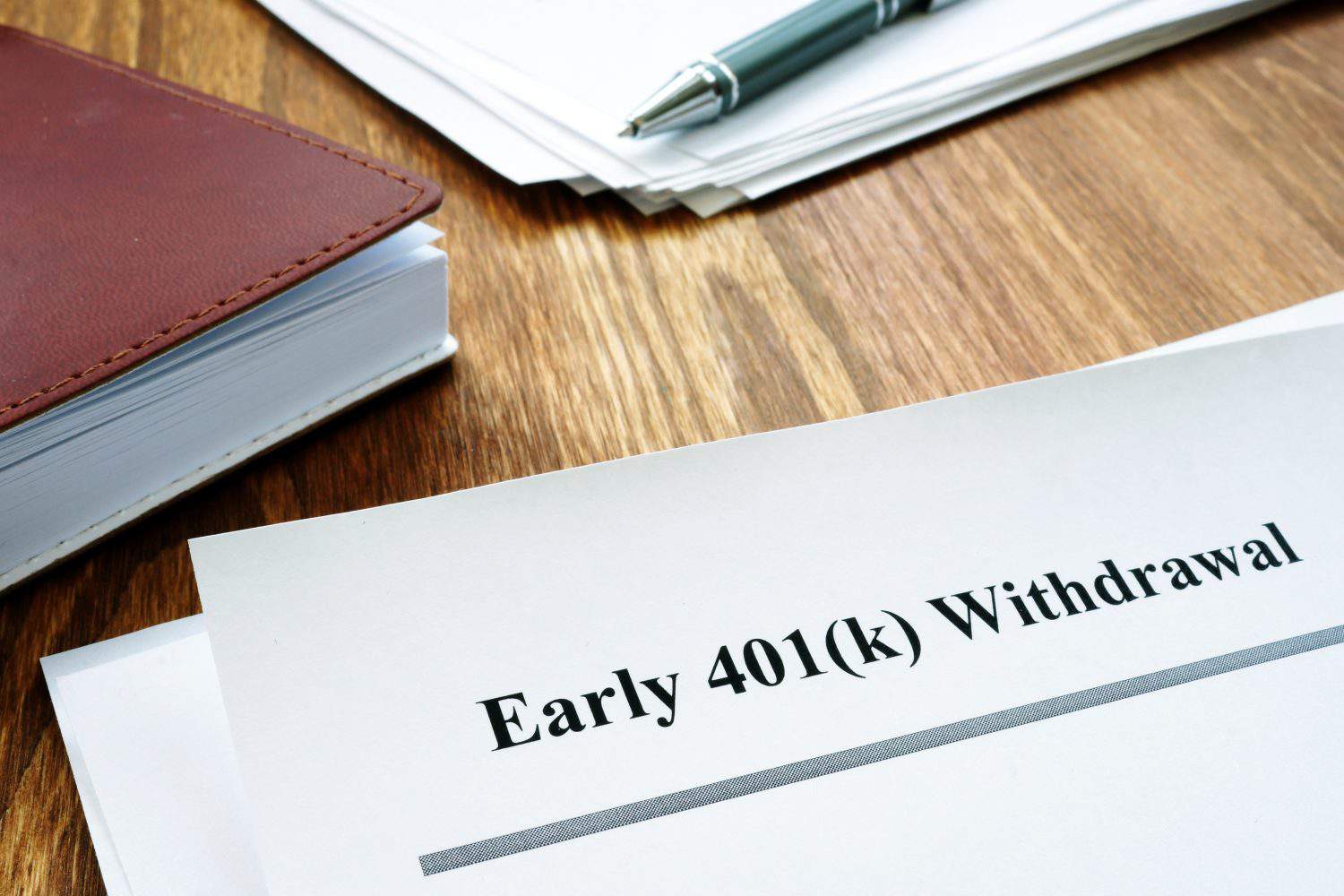
Key Points
-
A Reddit user is thinking of taking money out of his 401(k) after a layoff.
-
Other posters suggested he avoid the early withdrawal by making sure he and his wife are signed up for the benefits they are eligible for.
-
If the poster does take out money, he should be aware he’ll owe a 10% penalty and may find himself in a higher tax bracket.
-
Are you ahead, or behind on retirement? SmartAsset’s free tool can match you with a financial advisor in minutes to help you answer that today. Each advisor has been carefully vetted, and must act in your best interests. Don’t waste another minute; get started by clicking here.(Sponsor)
A Reddit user is in a difficult situation. The poster has lost his job, his wife is disabled and has substantial medical bills, and he’s worried that he’s not going to be able to find another position in the current job market.
He’s trying to figure out what to do and is considering cashing out his 401(k), which has close to $60,000 in assets in it. However, he is not sure how much money he would have to pay in taxes and penalties.
So, what should the Redditor do in order to try to get on firmer financial footing?
Cashing out a 401(k) should be an absolute last resort
As many Redditors point out in response to the thread, the original poster (OP) may be making a big mistake with his plans to raid his retirement account.
Cashing out a 401(k) has huge implications, not just in the form of the immediate tax bill but also because having some retirement savings is absolutely critical and taking a lot of money out of an account when leaving a job is going to make it much more difficult for the OP to retire later.
Since the OP’s wife is disabled and has serious medical issues, he needs to think not just about the short-term needs the couple has, but also about how they can collectively support themselves when he becomes too old to work — especially since his wife doesn’t have a job so she isn’t investing in a workplace plan or working towards earning a big Social Security benefit.
So, unless he truly has no other options, the OP should likely leave his 401(k) funds alone. Other Redditors suggested different approaches to make that possible despite the job loss, including making sure the OP applies for unemployment benefits and looking into whether his wife qualifies for Social Security Disability benefits. They also advised looking into their individual health insurance options rather than accepting expensive COBRA benefits, since they can likely qualify for subsidized coverage once the OP’s income is gone.
With these solutions, as well as drastic cuts to their standard of living until the OP hopefully finds new work, the hope is that the OP will be able to leave his 401(k) funds alone or roll them over into an IRA, where the money can keep growing thanks to compound interest.
What if the Redditor must take funds out of a 401(k)?

If the OP exhausts all other options and has no choice but to take funds from his 401(k), then he can expect to be hit with a 10% early withdrawal penalty, and will also be taxed on the distribution at his ordinary income tax rate.
Of course, it is very likely that taking a large distribution from his 401(k) could push him into a higher tax bracket, and he will need to account for that by looking at his total projected income for the year with the distribution to determine what his tax bracket will be.
If the OP does decide to move forward with withdrawing funds, he should try to take out as little as possible, both to minimize the tax hit and to leave as much money as he can in his account to help secure his retirement.
The OP may want to talk with a financial advisor before going through with his plan to make a withdrawal from his 401(k), as an advisor can help him explore other options, understand the long-term risks, and determine what the tax consequences of the withdrawal will be.
The post Cashing Out My 401k After Layoff – How Much Should I Set Aside for Taxes and Penalties? appeared first on 24/7 Wall St..























